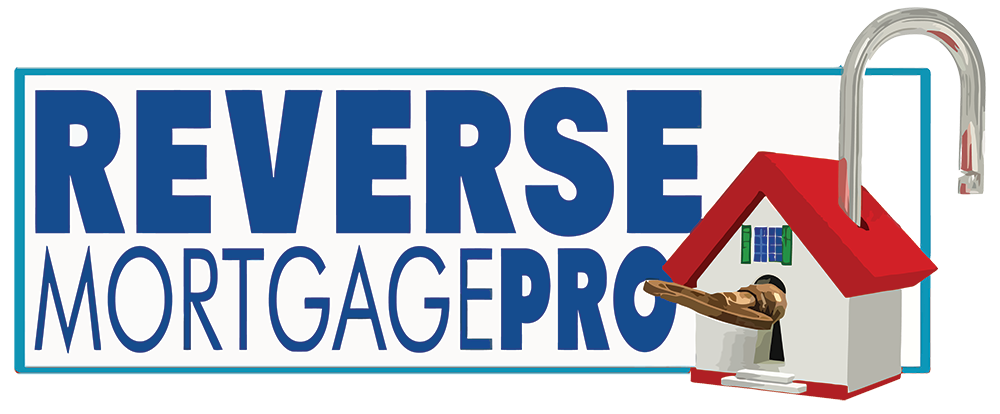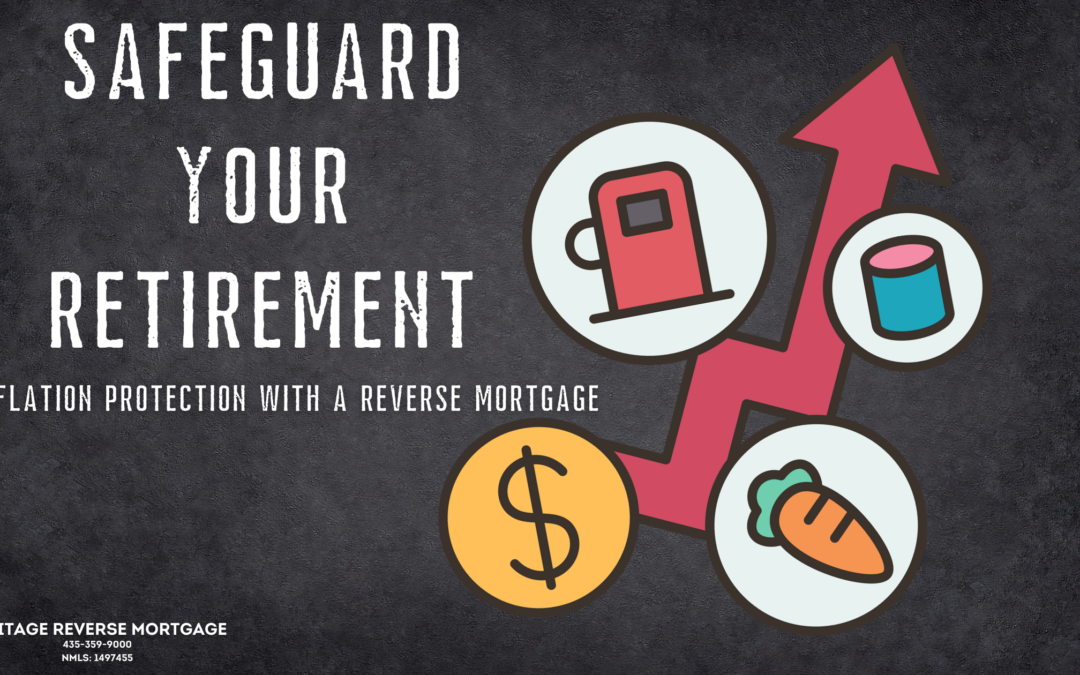Can You Purchase Reverse Mortgage as Part of Your Financial Strategy?
Can You Purchase Reverse Mortgage as Part of Your Financial Strategy?
Blog Article
Empower Your Retired Life: The Smart Means to Acquisition a Reverse Mortgage
As retired life strategies, several individuals seek effective approaches to enhance their monetary self-reliance and health. Among these approaches, a reverse mortgage arises as a viable choice for house owners aged 62 and older, enabling them to take advantage of their home equity without the necessity of monthly payments. While this economic tool uses several benefits, including raised money circulation and the possible to cover crucial expenditures, it is crucial to comprehend the complexities of the application process and vital considerations included. The following steps may reveal just how you can make an educated decision that can significantly influence your retired life years.
Comprehending Reverse Mortgages
Comprehending reverse home mortgages can be essential for home owners looking for economic versatility in retirement. A reverse mortgage is a monetary product that permits qualified home owners, usually aged 62 and older, to transform a portion of their home equity right into money. Unlike typical home mortgages, where debtors make month-to-month repayments to a loan provider, reverse mortgages allow house owners to get settlements or a round figure while preserving ownership of their property.
The quantity readily available through a reverse home loan relies on a number of elements, consisting of the house owner's age, the home's value, and current rate of interest. Significantly, the lending does not have to be settled up until the home owner sells the home, vacates, or passes away.
It is necessary for possible debtors to understand the implications of this economic item, including the effect on estate inheritance, tax considerations, and continuous responsibilities associated with residential property upkeep, taxes, and insurance. Furthermore, counseling sessions with licensed experts are often required to ensure that debtors totally comprehend the terms and conditions of the financing. On the whole, a comprehensive understanding of reverse home loans can empower home owners to make educated choices regarding their economic future in retired life.
Benefits of a Reverse Mortgage
A reverse home loan offers a number of engaging advantages for eligible home owners, specifically those in retirement. This economic device allows elders to transform a portion of their home equity into money, giving vital funds without the need for regular monthly mortgage settlements. The cash gotten can be utilized for various functions, such as covering medical costs, making home enhancements, or supplementing retirement earnings, thus improving total financial flexibility.
One substantial benefit of a reverse home mortgage is that it does not require settlement up until the property owner vacates, offers the home, or passes away - purchase reverse mortgage. This attribute makes it possible for retirees to preserve their way of life and fulfill unforeseen expenses without the problem of monthly repayments. In addition, the funds received are normally tax-free, enabling home owners to use their cash without fear of tax obligation ramifications
In addition, a reverse home mortgage can give comfort, knowing that it can act as a financial safety internet during challenging times. Homeowners also maintain possession of their homes, guaranteeing they can continue living in an acquainted setting. Eventually, a reverse mortgage can be a calculated funds, equipping retired people to handle their finances effectively while appreciating their gold years.
The Application Refine
Browsing the application process for a reverse home mortgage is an important action for home owners considering this financial choice. The initial phase includes evaluating eligibility, which normally needs the homeowner to be at the very least 62 years old, very own the building outright or have a reduced read this article home mortgage balance, and inhabit the home as their key residence.
Once eligibility is confirmed, house owners should go through a counseling session with a HUD-approved therapist. This session ensures that they completely comprehend the implications of a reverse home mortgage, including the responsibilities involved. purchase reverse mortgage. After finishing therapy, applicants can continue to gather necessary paperwork, including evidence of income, possessions, and the home's worth
The following action entails submitting an application to a lender, that will assess the economic and building certifications. An appraisal of the home will additionally be conducted to determine its market worth. If authorized, the lender will certainly offer finance terms, which ought to be examined carefully.
Upon approval, the closing process adheres to, where last documents are signed, and funds are paid out. Comprehending each stage of this application procedure can significantly boost the house owner's self-confidence and decision-making pertaining to reverse home mortgages.

Trick Factors To Consider Before Buying
Buying a reverse mortgage is a substantial economic choice that needs cautious factor to consider of several crucial variables. Reviewing your financial requirements and objectives is similarly important; figure out whether a reverse home mortgage lines up with your long-lasting strategies.

A reverse home loan can affect your eligibility for certain federal government advantages, such as Medicaid. By thoroughly reviewing these considerations, you can make an extra informed choice regarding whether a reverse home loan is the appropriate monetary approach for your retired life.
Making the Most of Your Funds
As soon as you have secured a reverse home mortgage, effectively handling the funds ends up being a priority. The flexibility of a reverse home loan enables home owners to utilize the funds in different means, yet calculated preparation is vital to maximize their advantages.
One key method is to produce a budget that outlines your financial objectives and regular monthly expenses. By recognizing necessary expenditures such as healthcare, building tax obligations, and home maintenance, you can designate funds as necessary to make sure long-term sustainability. Additionally, consider making use of a portion of the funds for investments that can produce earnings or appreciate with time, such as dividend-paying supplies or shared funds.
Another important element is to keep a reserve. Establishing apart a reserve from your reverse mortgage can help cover unforeseen expenses, giving tranquility of mind and economic security. Additionally, seek advice from a monetary advisor to check out feasible tax implications and how to integrate reverse home mortgage funds into your general you can try these out retired life approach.
Inevitably, sensible administration of reverse mortgage funds can enhance your financial safety and security, permitting you to enjoy your retired life years without the stress of economic unpredictability. Cautious planning and informed decision-making will certainly make certain that your funds function successfully for you.
Final Thought
To conclude, a reverse home loan presents a feasible financial approach for senior citizens looking for to improve their retirement experience. By converting home equity into obtainable funds, individuals can attend to important expenses and protected additional funds without sustaining month-to-month payments. Careful factor to consider of the linked implications and terms is crucial to make best use of benefits. Inevitably, leveraging this economic tool can promote better self-reliance and improve total lifestyle throughout retirement years.
Recognizing reverse mortgages can be vital for property owners looking for monetary flexibility in retirement. A reverse home mortgage is a financial product that permits qualified property owners, generally aged 62 and older, to transform a section of their home equity into cash. Unlike standard home mortgages, where consumers make regular monthly repayments to a lending institution, reverse mortgages enable house owners to obtain repayments or a swelling amount while preserving possession of their building.
Generally, a thorough understanding of reverse home loans can equip homeowners to make informed decisions concerning their economic future in retired life.
Consult with a monetary advisor to explore possible tax implications and how to incorporate reverse home mortgage funds right into your general retired life technique.
Report this page